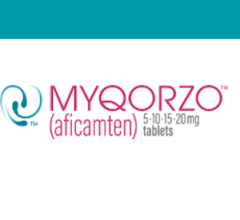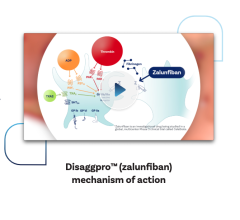
March 9, 2012 — Researchers say venom from the green mamba snake may aid in the preservation of cardiac and renal function following serious cardiovascular events, such as heart attack and acute decompensated heart failure. The National Heart, Lung and Blood Institute (NHLBI), a division of the National Institutes of Health (NIH), has awarded a $2.5 million grant to Mayo Clinic's Cardiorenal Research Laboratory to conduct the research project “Cardiovascular Peptides and Myocardial Infarction.”
The research will seek to further understand the potential of a novel, engineered guanylyl cyclase (GC) activator, cenderitide, to reduce the level of cardiac and renal injury following a myocardial infarction, or heart attack. Researchers will try to determine whether the therapy could help prevent deterioration of cardiac and renal function following a heart attack, and potentially reduce further heart failure in the future in treated patients. Mayo researchers invented cenderitide, a designer peptide derived from the venom of the green mamba snake, to activate two different subtypes of GC receptors, which uniquely differentiates cenderitide from other GC stimulating peptides.
At the annual meeting of the American Heart Association in November 2011, Fernando Martin, M.D., a research fellow in the Cardiorenal Research Laboratory at Mayo Clinic, presented key research data demonstrating the ability of cenderitide to prevent the death of heart cells.
The NHLBI grant will support basic research in the laboratory and a small proof-of-concept clinical study. Mayo plans to enroll 60 patients into the study at Mayo Clinic sites in Rochester, Minn., and Jacksonville, Fla. The endpoints of the study include safety, 30-day cardiac function, circulating hormones levels and other cardiorenal biomarkers.
Mayo licensed cenderitide to Nile Therapeutics Inc., a biopharmaceutical company based in California. Nile is currently developing the peptide as a 90-day, outpatient treatment to prevent hospital readmissions following acute decompensated heart failure events in a study that has received a fast track investigational new drug approval from the U.S. Food and Drug Administration.
For more information: www.mayoclinic.org/about


 January 28, 2026
January 28, 2026 









